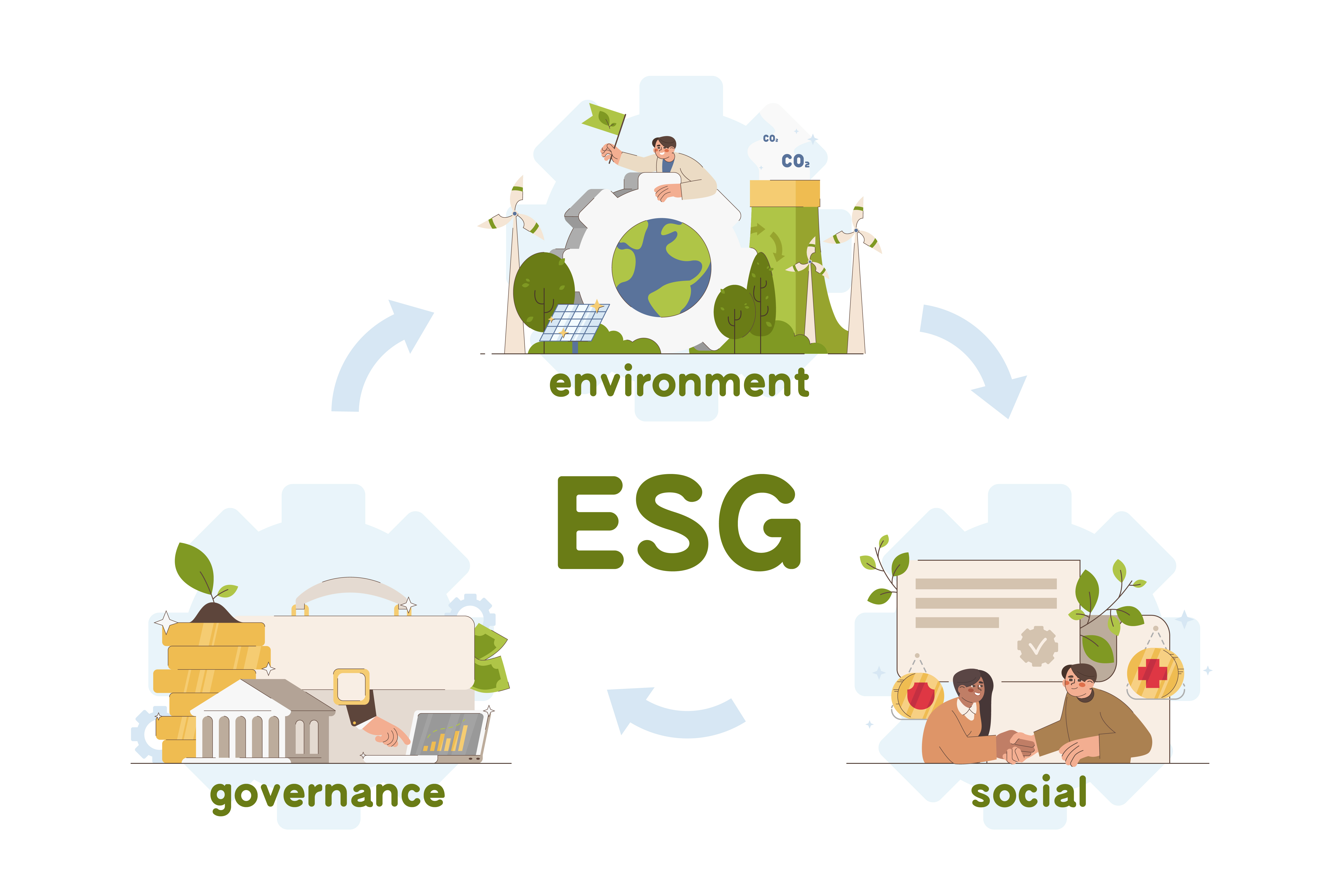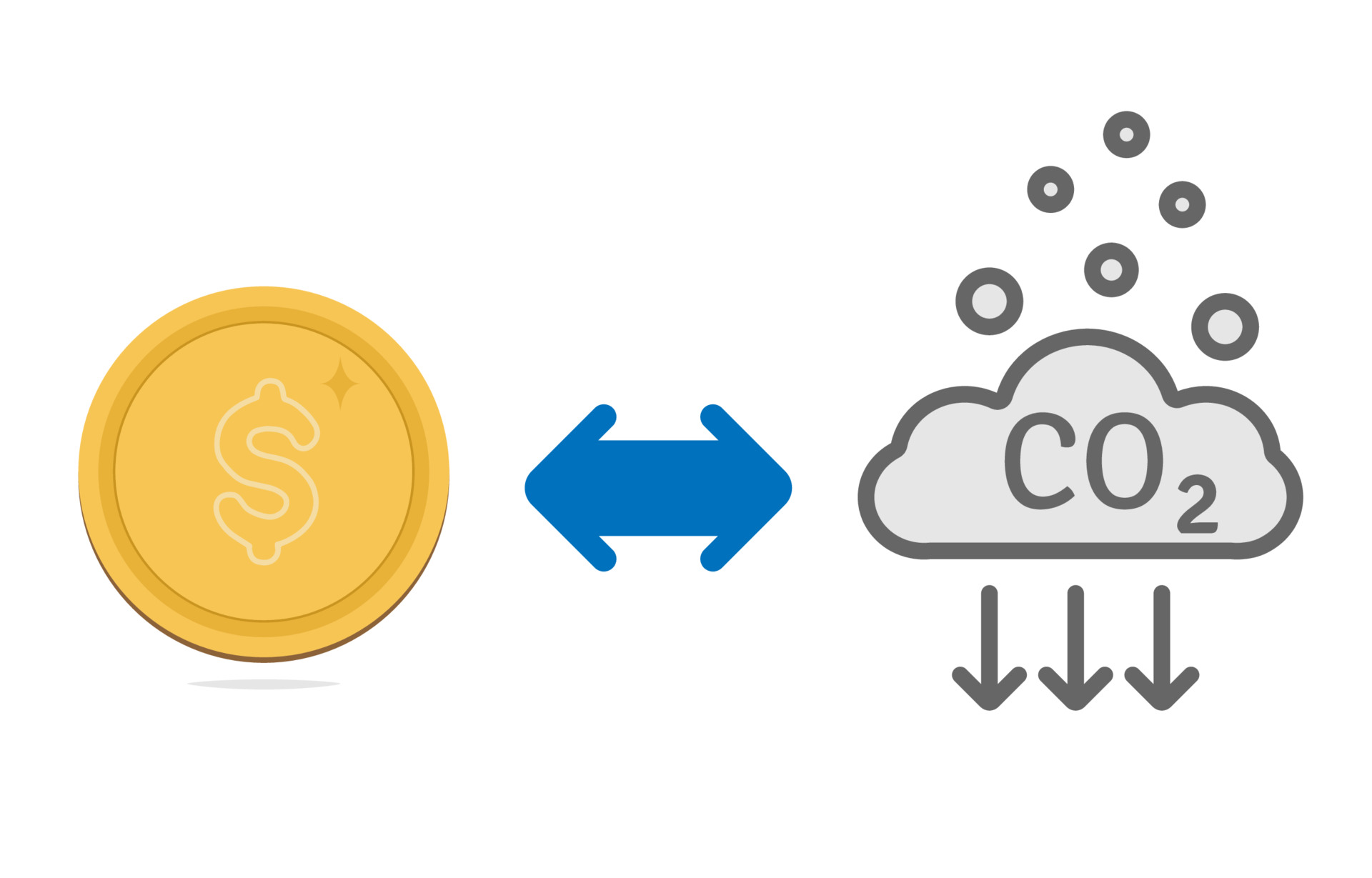
The issue of sustainability within corporations has continued to evolve, particularly over the past four decades, as international attention toward Environmental, Social,and Governance (ESG) matters has intensified. The ESG journey reflects the global evolution of corporate responsibility—from simple philanthropy to a structured sustainability framework that has reshaped business paradigms in the21st century. ESG is the result of a collaborative evolution among the power of narratives driven by society, academia, regulators, capital markets, and the business world.

The current era of social media makes all kinds of information easy to obtain, including information about a company's business activities. This open era also demands companies to transform to be more open and transparent in carrying out their business activities. This aspect of openness and transparency is one of the elements of Good Corporate Governance which is also part of ESG standards. Companies that want to improve their quality, not only from the profits they get, but also from the governance that is their foundation, must transform to follow these good standards. Various studies have shown that increasing corporate transparency brings various benefits ranging from value creation that drives company performance, positive consumer perception, and improving marketing reputation. Increasing transparency is also in line with the demand for ESG standards that have been widely implemented by various companies as their commitment to sustainability.

Financing or lending is one of the primary businesses ofconventional banking. ESG aspects are used to assess environmental risks andreduce credit failure rates.

The world’s most far-reaching set of ESG investment rules is facing a wave of criticism as regulators in Britain and the European Union publicly voice their misgivings.

74% of ESG drivers are resulted by regulations (CEO Survey 2021, Deloitte). Currently, Indonesia exercises P.OJK 51/2017 that requires companies to submit their sustainability report (SR). There is an increase in numbers of issuers that submit their SR in BEI.

Boards need to be equipped with knowledge and frameworks that allow them to understand emerging ESG issues and make informed decisions that contribute to the well-being of companies and society.

Currently, fossil fuel energy still dominates the global energy mix, especially for electricity generation. However, this also has a negative impact on the environment and climate due to the massive GHG emissions it produces. This practice has encouraged the initiative to carry out an energy transition towards the use of renewable energy while at the same time gradually reduce the use of fossil fuel energy. This initiative is certainly not without problems. There are many unintended consequences that may occur, ranging from drastically increasing energy prices, shifting workforces between industries, the question of science and plausibility of the transition scenario, and many more. On the other hand, we also cannot continue to rely on fossil fuels that will one day run out amidst increasingly worsening environmental conditions. The following is a description of the benefits of energy transition that need to be considered by business actors when they are about to transform their business activities.

Indonesia faces significant challenges with its growing industrialization contributing to rising carbon emissions. While CCS/CCUS offers promise with Indonesia's abundant geological features suitable for CO2 storage, including saline aquifers, there are substantial hurdles. These include high infrastructure costs, regulatory uncertainties, and safety concerns regarding CO2 leakage. Despite recent regulatory developments, such as Ministerial and Presidential Regulations aimed at facilitating CCS/CCUS implementation, unresolved issues like long-term liability and operational safety persist. Consequently, while recognizing the geological potential, this article suggests prioritizing more immediate and sustainable decarbonization strategies, such as expanding renewable energy sources and enhancing nuclear power options, to effectively address Indonesia's climate challenges.
Indonesia is taking strategic steps towards OECD accession, focusing on environmental challenges and the energy transition. Key efforts include ratifying the Paris Agreement, promoting clean energy, and implementing regulations to accelerate renewable energy development. However, the transition faces challenges such as government dominance, geographical disparities, and environmental and social impacts of electric vehicle-related projects. Addressing these issues through collaboration and community involvement is crucial for achieving net-zero emissions and ensuring a smooth OECD accession process for Indonesia.

In the scope of environmental law, one of the generally known principle is the polluter pays principle. In essence, this principle stipulates that every person or legal entity that causes environmental pollution must bear the costs arising from the pollution, including in the form of fines or recovery costs.

Indonesia officially started carbon trading on 26 September 2023 through the launch of the Indonesia Carbon Exchange (IDX Carbon). Carbon trading is one of the mechanisms to fulfill Indonesia's Nationally Determined Contributions (NDC), which are efforts promised by the country to comply with the Paris Agreement by reducing its carbon emissions. To understand how carbon trading is done, we need to understand the basic concept first which will be explained in this article.